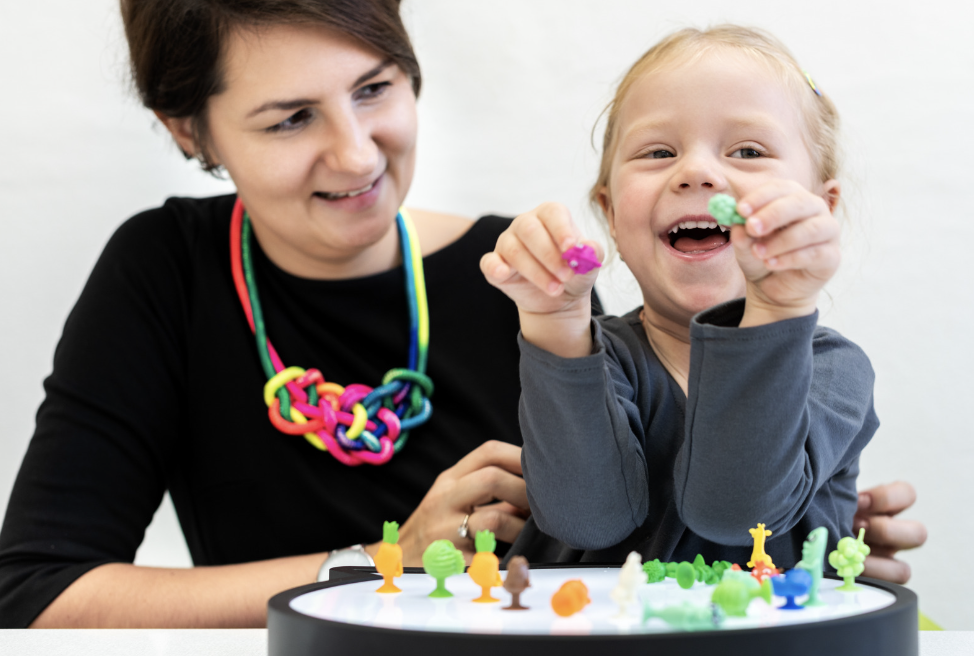
Occupational Therapy
Occupational Therapy (OT) for kids helps them succeed in the important areas of their lives, their "occupations of childhood”, including play, eating, sleeping, dressing, social participation, and education. OTs address delays or concerns in the areas of:
fine and gross motor skills
cognitive skills, sensory processing
social development
self-care
OT works to build foundational skills by using specialized equipment and playful sensory-motor activities to provide the "just right" challenge for children as they develop skills through participation in their occupations.

